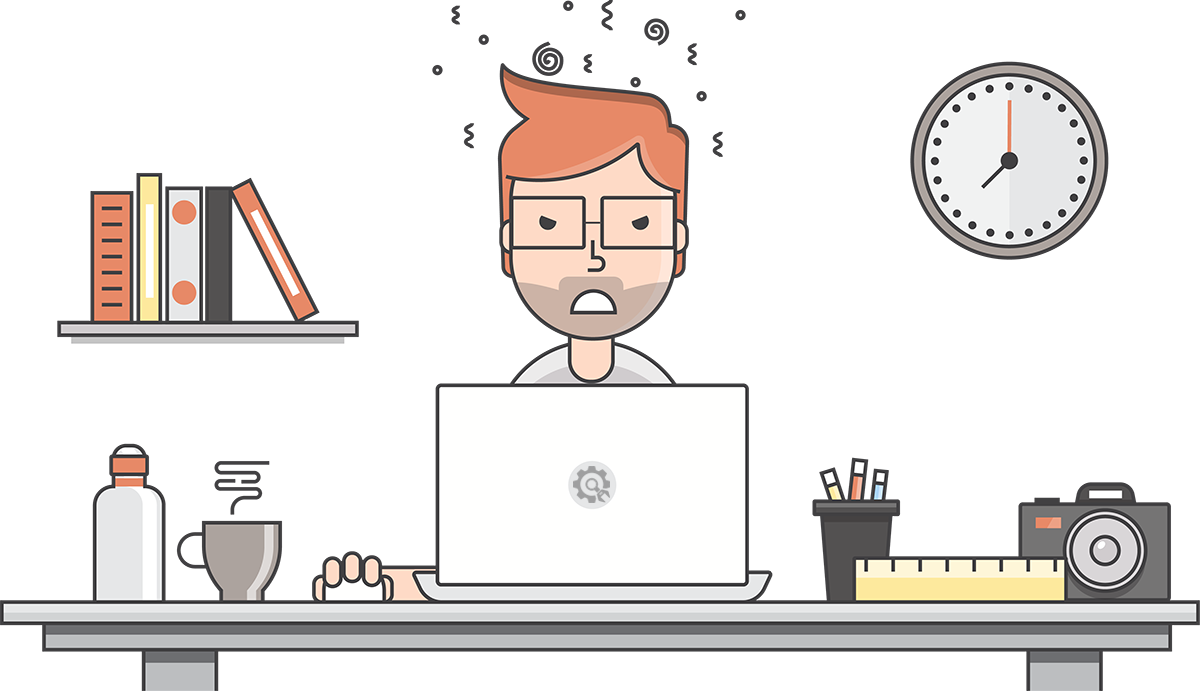

Hey, friends! We've taken our site offline temporarily while we undergo a massive reconstruction project. You're absolutely going to LOVE what comes next for this space.
In the meantime, visit us at https://politicalcolonoscopy.substack.com/ for daily news, updates, and general shenanigans! It's FREE to subscribe via email and/or to read in the app.
See you soon!